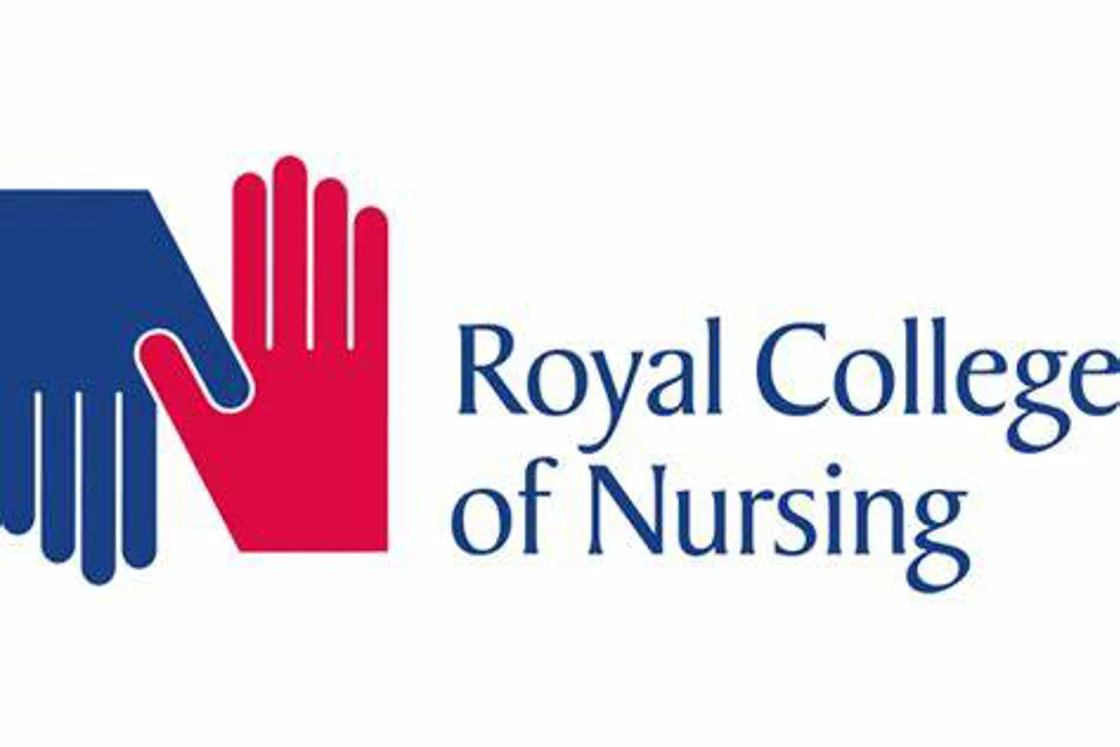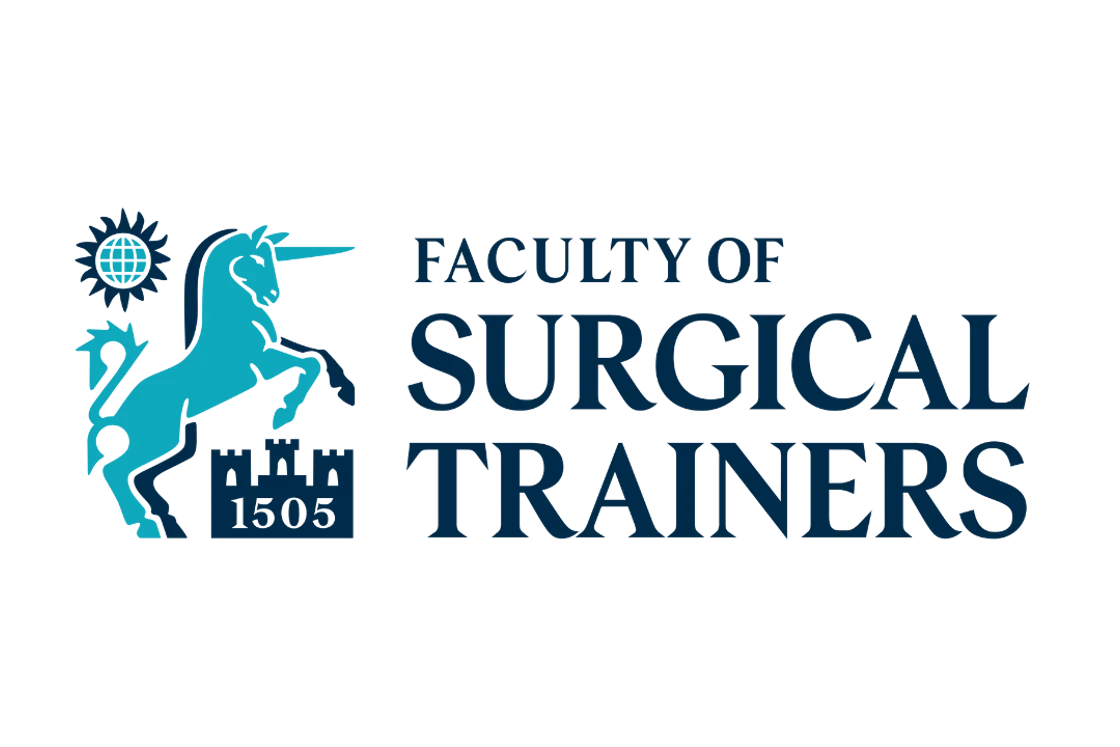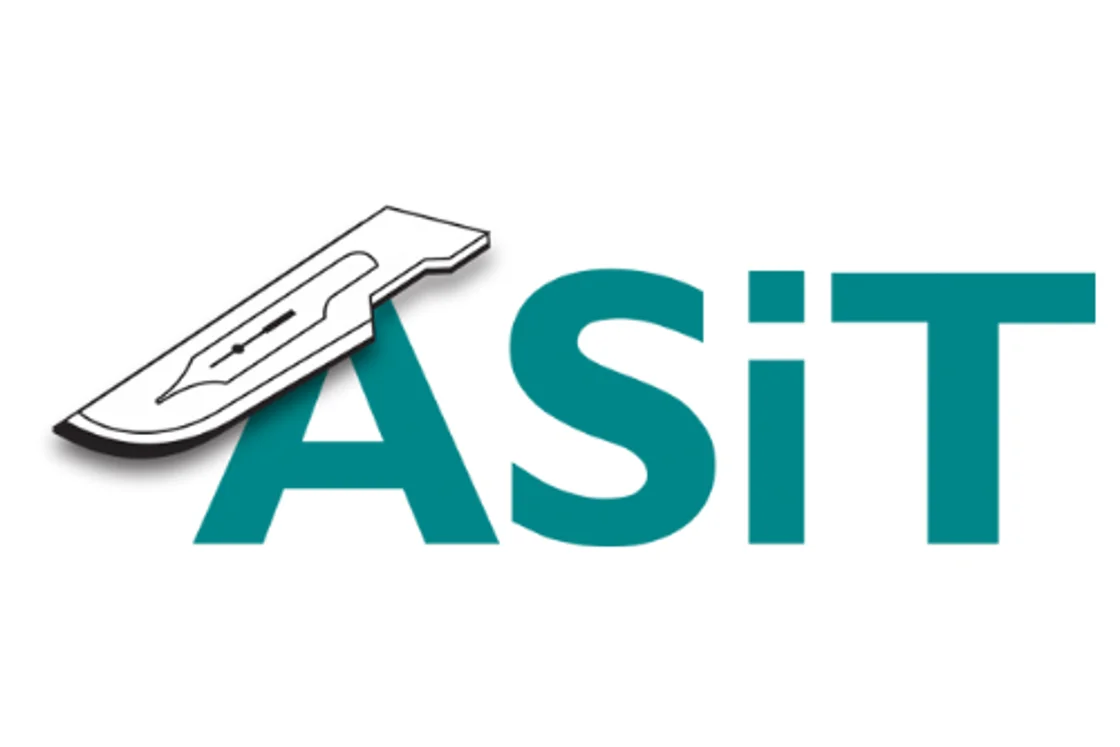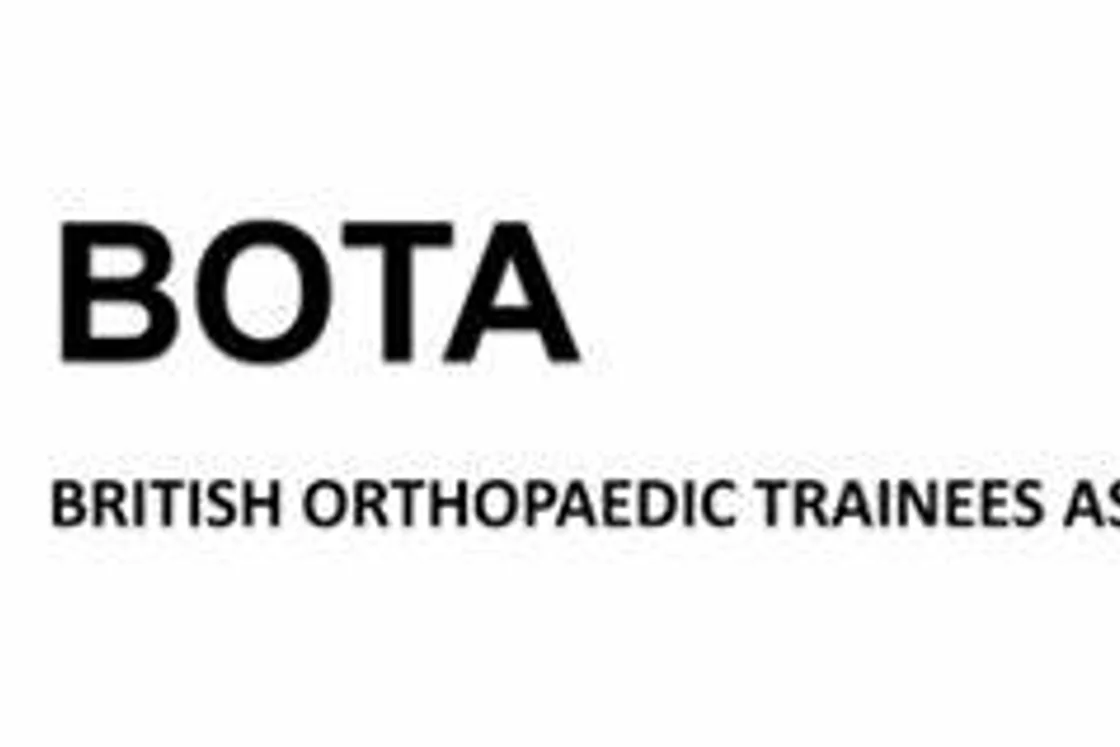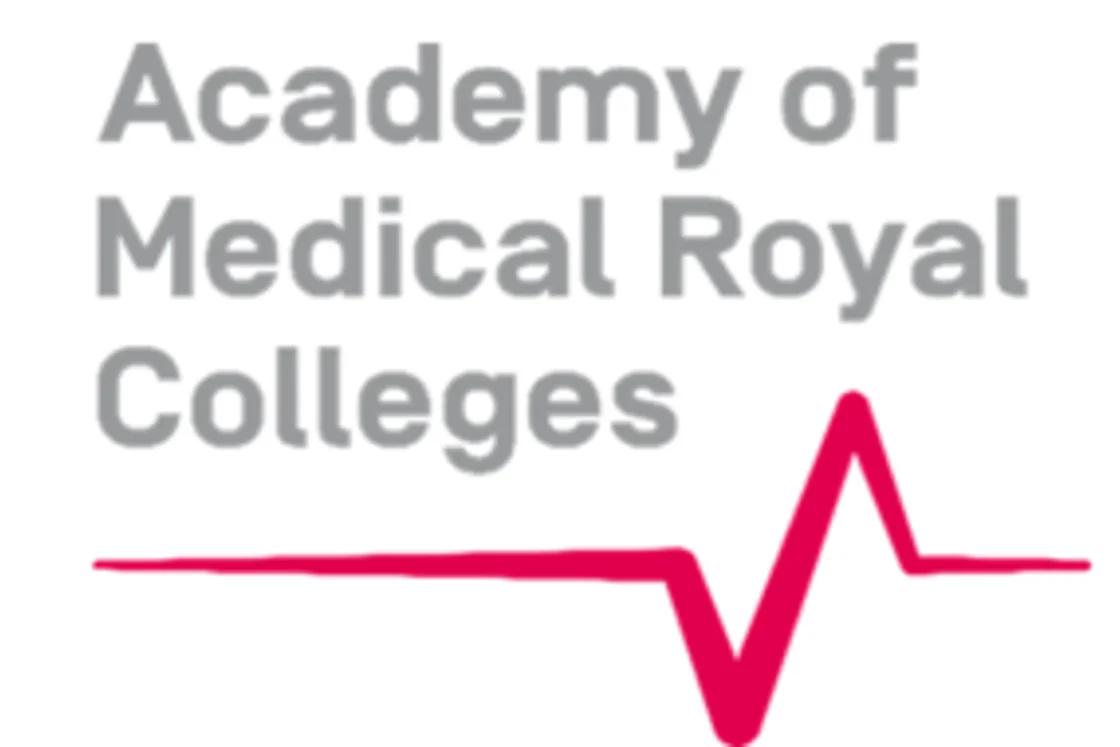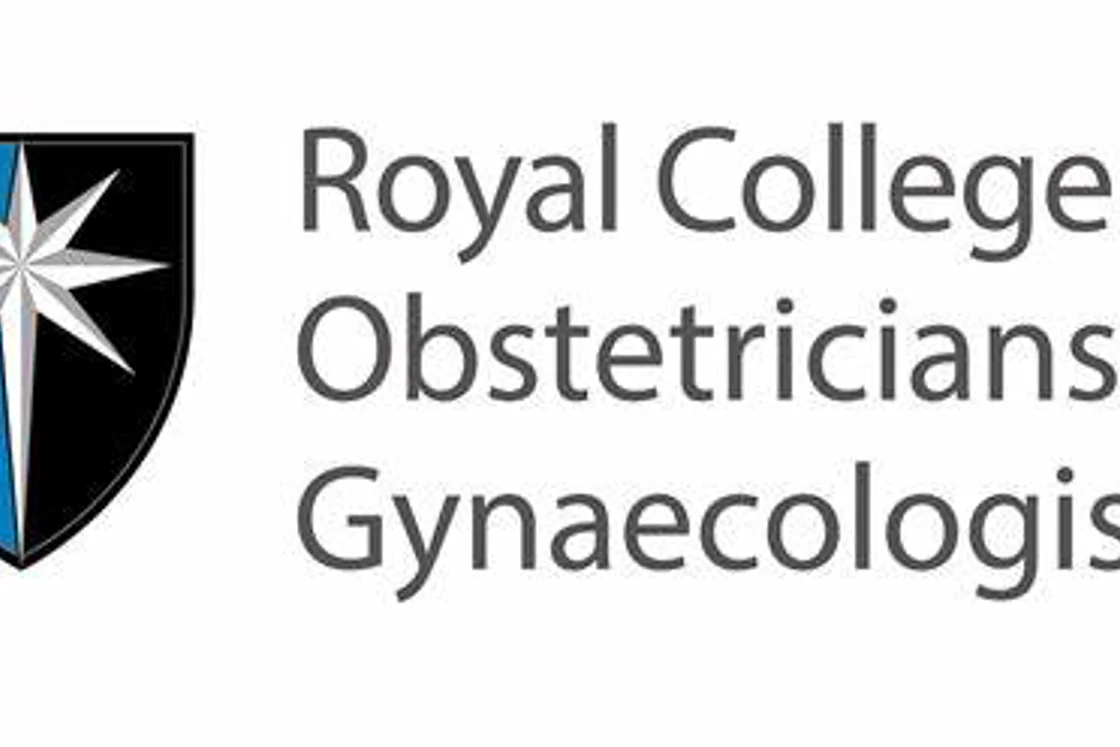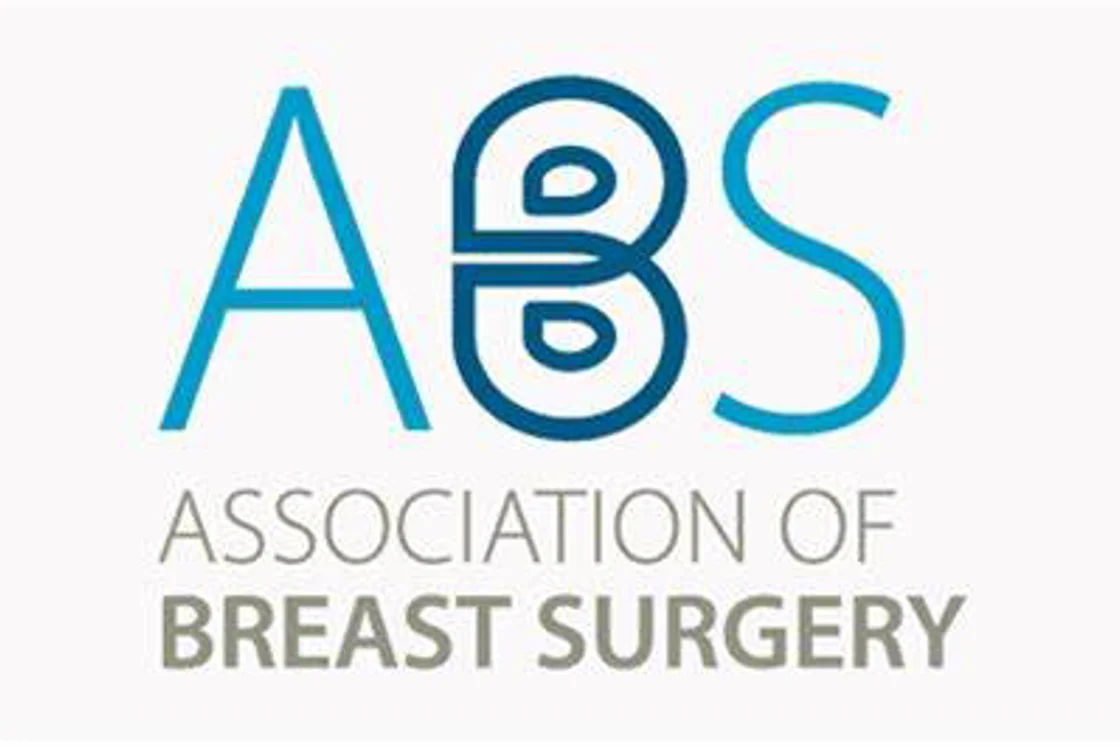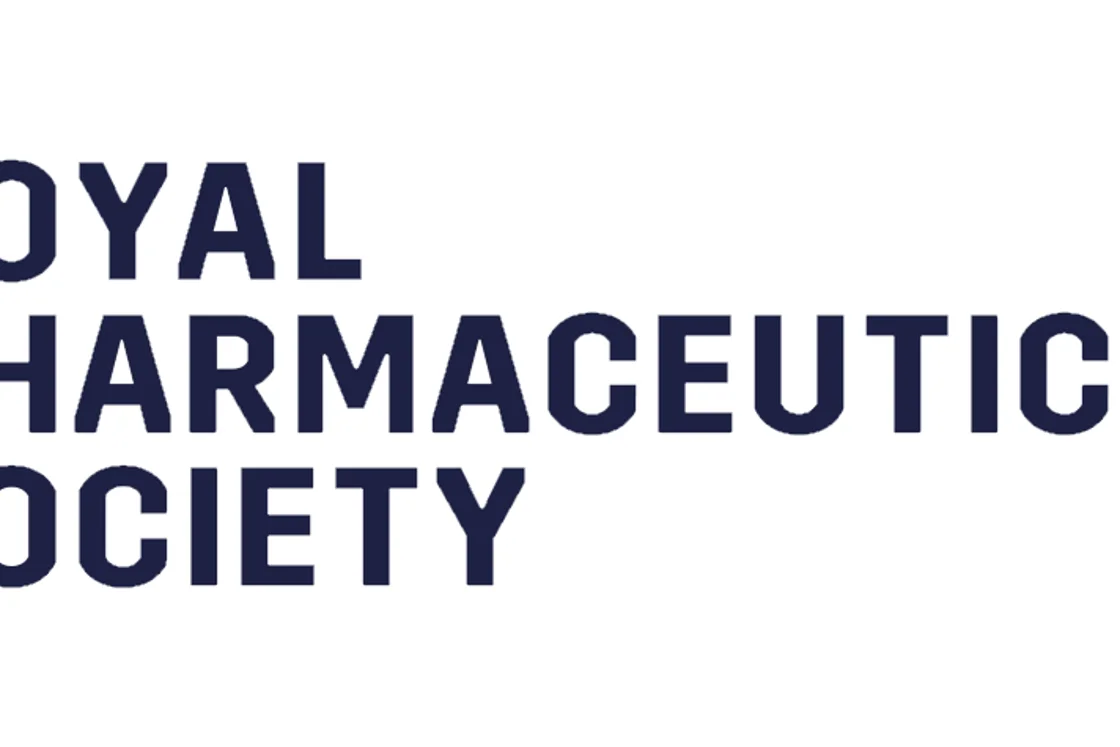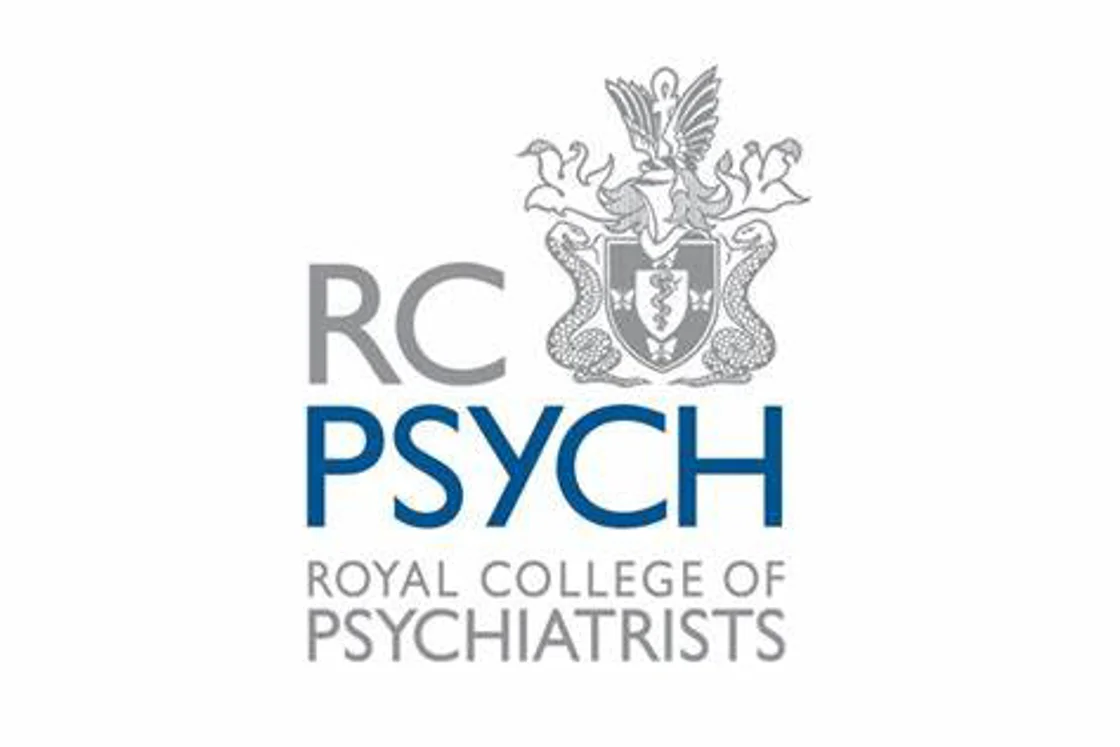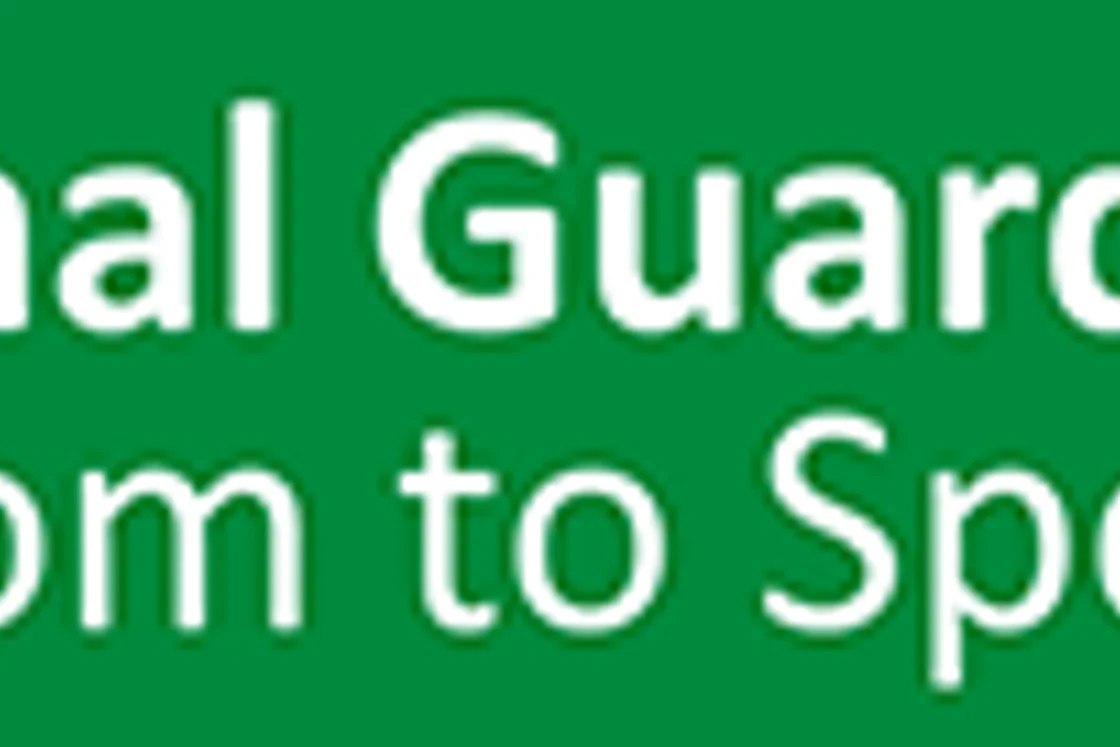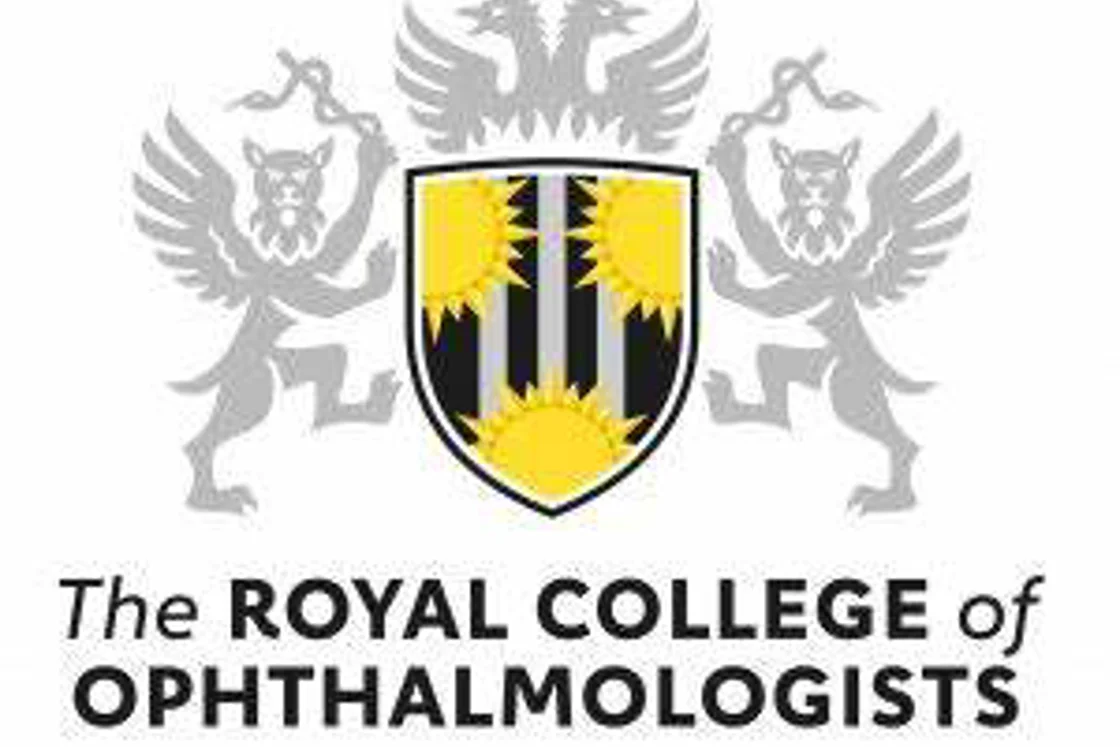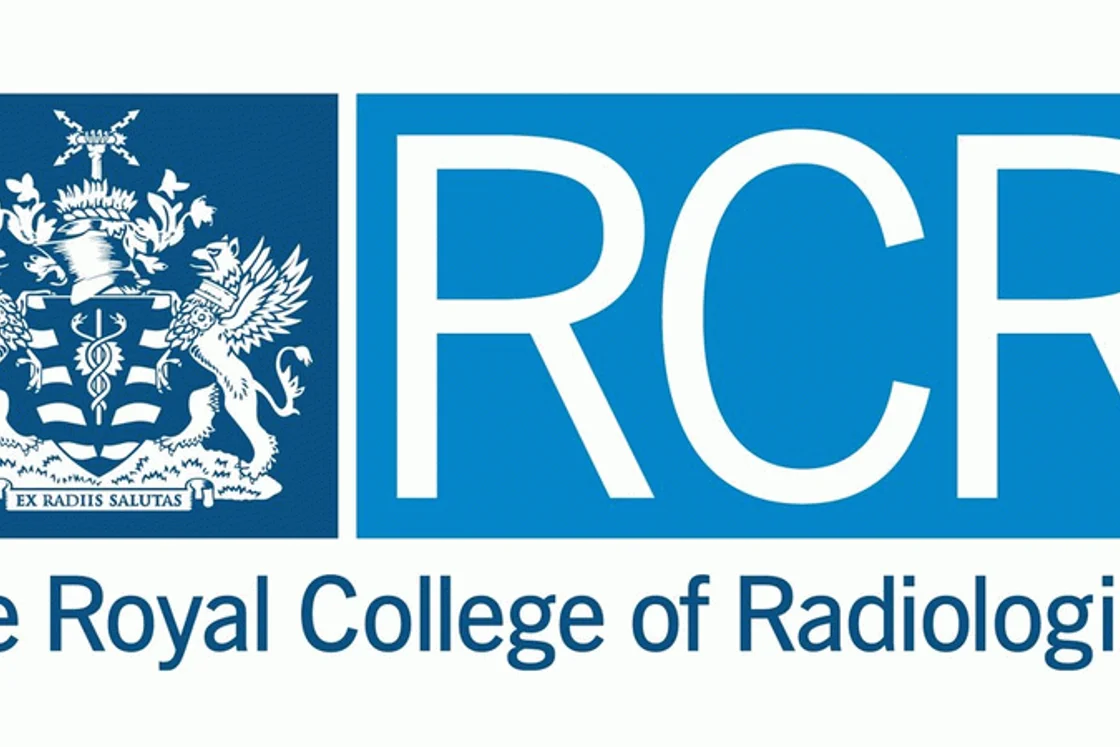
Understanding Oppressive Behaviours
The 2021 NHS Staff Survey for England reported that almost 19% all NHS staff experienced at least one incident harassment, bullying or abuse from their colleagues over the last 12 months[1]. Not only does this have a devastating impact on individuals and the teams within which they work, but it also has serious consequences for patient care. It is also contrary to the professional behaviours outlined in the General Medical Council's Good Medical Practice[2] guidance and the Nursing and Midwifery Council Code of Practice[3].
Bullying, undermining and abuse also drains limited NHS resources, and is estimated to cost the NHS in England at least £2.3bn[4] a year in sickness absence, employee turnover, productivity and employment relations. Moreover, studies in the US have attributed disruptive behaviour in the perioperative area alone to 67% of adverse events, 71% of medical errors, and 27% of perioperative deaths.[5]
Bullying harms your profession and your patients. #Let’sRemoveIt
In any given year, around a fifth of all NHS staff report that they have been subject to at least one incidence of bullying, undermining and harassment from their colleagues. Bullying affects all parts of the medical and nursing profession with serious consequences not only for those on the receiving end but for the working environment more generally. Even worse, bullying and undermining have a proven detrimental impact on patient outcomes, taking much needed resources and attention away from patient care.
Take Action Against Bullying
Whether you're witnessing or experiencing bullying, it's important to know the steps you can take.
What Can You Do?RCSEd’s Commitment to Eradicate Bullying in Healthcare Settings
The Royal College of Surgeons of Edinburgh is committed to eradicating bullying and undermining from the surgical and dental professions. We continue to:
- Have a zero tolerance approach to bullying, undermining, producing a series of Professional Standards.
- Provide free access to our anti-bullying toolkit, e-module and other supporting materials offered by partner organisations.
- Work with partners from across healthcare professions to host events, offer advice and other initiatives, such as the anti-bullying Alliance, aimed at developing practical solutions to address bullying in the medical workplace.
- Lead the debate on this issue in the press and on social media.
- Develop key performance indicators to determine the effectiveness of interventions and collaborations targeting bullying and undermining.
Anti-Bullying and Undermining Resources

Standards for the Prevention of Bullying and Undermining in the Health Service
Learn the standards expected of Members & Fellows to foster respectful, inclusive workplaces and ensure patient safety across the surgical profession.
Learn more
The Facts and the Law
Understand how the law protects healthcare professionals from bullying, harassment and discrimination, and what you can do about it.
Learn more
The Literature and the Specialities
Discover key findings from UK and global surveys exposing the prevalence of bullying in surgery and healthcare. Learn how bullying impacts staff wellbeing and patient safety and how the Royal College of Surgeons of Edinburgh (RCSEd) and other bodies are responding.
Learn more
How Oppressive Behaviour Affects the Team and Patient Care
Explore real-world case studies that demonstrate how bullying, harassment and discriminatory behaviour in healthcare impact team morale, mental health and patient safety. Learn how oppressive environments can compromise patient care.
Learn more
Are You Being Bullied?
Understand the signs of bullying and subtle disruptive behaviour within healthcare teams. Learn how to recognise bullying, whether you are experiencing it or witnessing it, and what steps to take to protect yourself and patient safety.
Learn more
Is My Behaviour Affecting the Team?
Engage in self-reflection and use a checklist to assess how your behaviour might affect colleagues and patient care.
Learn more
How to be Assertive Without Being a Bully
Learn how to lead effectively in surgical settings without being perceived as aggressive. Explore practical guidance for trainers on being assertive, setting clear expectations and providing constructive feedback without undermining or intimidating others.
Learn more
Protecting Yourself, Protecting Your Colleagues
Find support and guidance from the Royal College of Surgeons of Edinburgh (RCSEd) on how to protect yourself from bullying or criticism, maintain your wellbeing and support colleagues.
Learn more
Negotiation
Learn negotiation strategies for surgeons to reduce workplace conflict and support patient care. Explore tips adapted from NHS Education for Scotland and the Royal College of Surgeons of Edinburgh (RCSEd) to build confidence in communication and resolve tensions effectively.
Learn moreResources to Help Change the Culture
Explore resources from the Royal College of Surgeons of Edinburgh (RCSEd) to help change the culture in surgery. Download posters and presentations, access CPD-accredited training, and explore events and initiatives focused on tackling bullying, promoting professionalism and supporting healthier workplace environments.
Learn more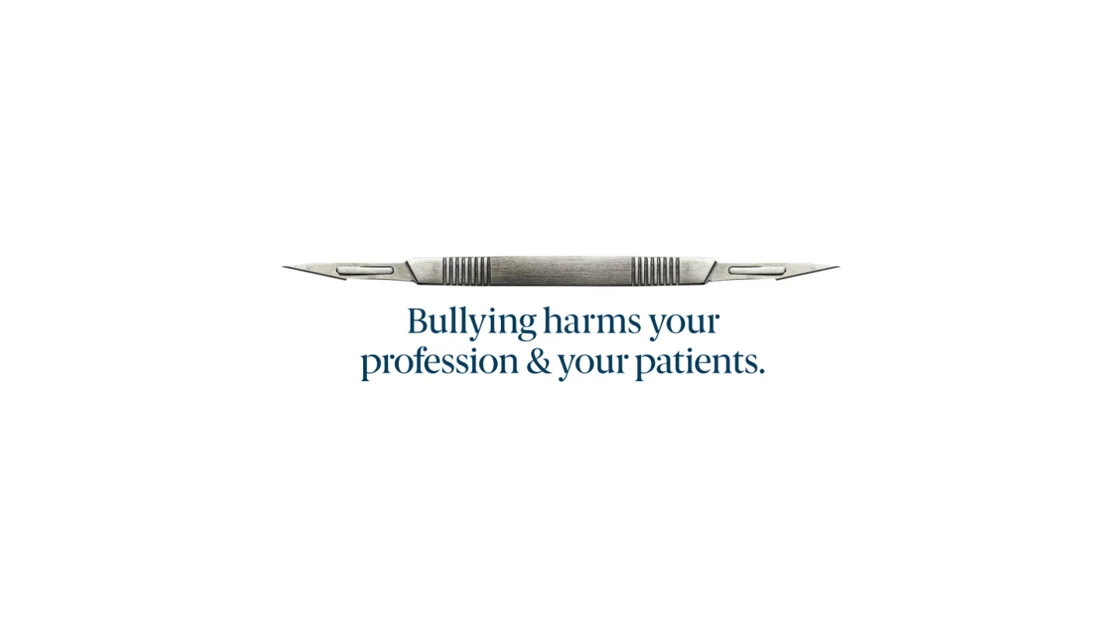
RCSEd Code of Conduct
The Royal College of Surgeons of Edinburgh has a zero-tolerance approach to bullying, undermining and harassment. We are committed to using our core educational, assessment and audit activities to improve workplace behaviour and culture as well as use our influence to promote systemic change, working where we can in partnership with other organisations who are similarly committed to implementing long term change.
Our Code of Conduct will be shared with every member new and old and they will be asked to automatically sign up to the Code. It will affirm the professional behaviours we expect from our members.
RCSEd Code of Conduct
Reflects the College values and sets out the expected standards of ethics, probity and behaviour expected from the membership of the RCSEd.
Read hereThis campaign is endorsed by
Find all reference links below
[1] NHS Survey Coordination Centre (2021) NHS Staff Survey 2021. Available at: NHS Staff Survey 2021 National results briefing (nhsstaffsurveys.com) Accessed 16.05.2022 09.11.
[2] GMC (2013) Good Medical Practice. Available at: Good medical practice-english (gmc-uk.org) Accessed 16.05.2022 09.13.
[3] NMC (2015) The Code; Professional Standards of Practice and Behaviour for Nurses, Midwives and Nursing Associates. Available at: nmc-code.pdf Accessed 16.05.2022 09.16.
[4] Kline R. and Lewis D. (2018) The price of fear: Estimating the financial cost of bullying and harassment to the NHS in England. Public Money and Management. Vol. 39:3, pp. 166-174. DOI: 10.1080/09540962.2018.1535044,
[5] Rosenstein A. H. and O’Daniel M. (2008) A survey of the impact of disruptive behaviors and communication defects on patient safety. Joint Commission Journal on Quality and Patient Safety. Vol. 34:8, pp. 464-471. DOI: 10.1016/s1553-7250(08)34058-6
Contact us
If you have any enquiries about any aspect of RCSEd’s anti-bullying work, please contact Chris Sanderson: c.sanderson@rcsed.ac.uk



